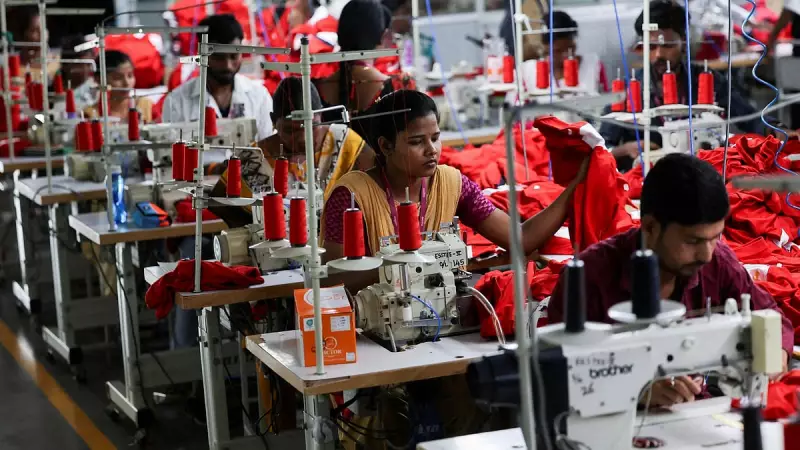
Thousands of garment factory employees in Bengaluru have taken a firm stand, demanding fundamental improvements to their working conditions and welfare. The protest movement, gaining significant momentum across the city's industrial areas, highlights the ongoing struggles faced by workers in one of Karnataka's key economic sectors.
Core Demands of the Movement
The workers' protests center around several critical issues affecting their daily lives and well-being:
- Free Nutritious Meals: Workers are demanding the provision of complimentary, balanced lunches at their workplaces, arguing that proper nutrition is essential for maintaining their health and productivity during long shifts.
- Enhanced Facility Standards: Protesters are calling for significant upgrades to basic amenities, including access to clean drinking water, functional and hygienic toilet facilities, and adequate ventilation systems within factory premises.
- Timely Wage Payments: Many workers report persistent delays in receiving their salaries, creating financial instability and making it difficult to support their families consistently.
- Improved Safety Measures: The movement also emphasizes the need for better safety protocols and working conditions to prevent accidents and health issues.
Voices from the Ground
Workers participating in the protests share that their current circumstances make it challenging to afford or arrange nutritious meals while managing demanding work schedules. The lack of proper facilities further compounds their difficulties, affecting both their physical health and overall job satisfaction.
The garment industry represents a substantial portion of Bengaluru's manufacturing sector, employing a massive workforce predominantly comprising women from economically disadvantaged backgrounds. These protests underscore the growing awareness and assertion of workers' rights within the industry.
Industry Impact and Future Outlook
As the protests continue to gather support from labor unions and worker advocacy groups, industry observers note that addressing these fundamental concerns could lead to improved worker retention, enhanced productivity, and a more sustainable working environment in the long term.
The movement signals a pivotal moment for Bengaluru's textile and garment manufacturing landscape, potentially setting new standards for worker welfare across similar industries throughout Karnataka and beyond.





